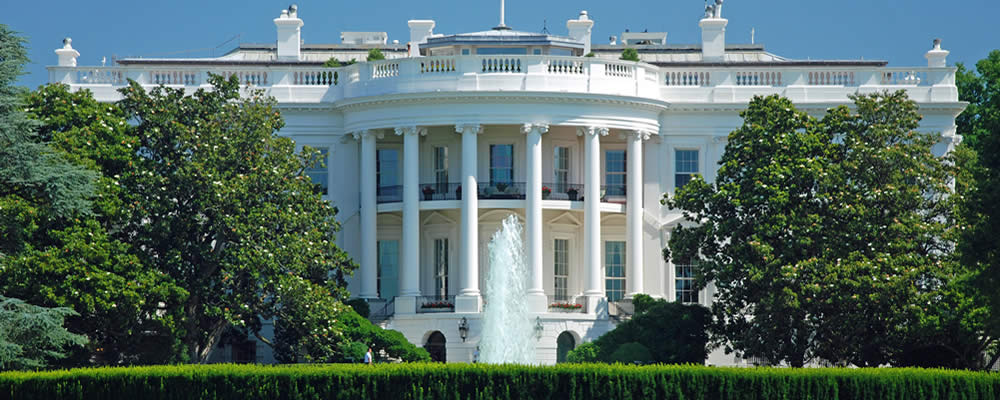- EUR USD Slides to 1.1614 – USD EUR Climbs to 0.8606
- ECB Extends Economic Stimulus Programme – Euro Demand Dips
- US GDP Beats Expectations – US Dollar Soars
The Euro US Dollar (EUR USD) exchange rate tumbled today as markets responded to yesterday’s dovish ECB decision and today’s US GDP release which smashed expectations.
ECB Extends Economic Stimulus Programme – EUR Demand Curbed
Overall demand for the Euro has taken a hit following the European Central Bank’s (ECB) rate decision on Thursday.
The ECB announced at their October rate meeting that it will be extending its economic stimulus programme until September 2018 (at least), a move that disappointed monetary hawks inside and out of its governing council who are calling for a swift exit from its quantitative easing (QE) programme.
The bank did, however, cut its bond-buying plans from €30 billion per month, to €60 billion.
Mario Draghi, Governor at the ECB stated his intentions that QE measures were not ‘going to stop suddenly’, asserting that the process would be a delicate one in order to avoid shocking the market or send the Euro soaring in value.
The accompanying statement read:
‘From January 2018 the net asset purchases are intended to continue at a monthly pace of €30 billion until the end of September 2018, or beyond, if necessary, and in any case until the Governing Council sees a sustained adjustment in the path of inflation consistent with its inflation aim’.
Limp inflation levels remain an ongoing concern for the ECB, with the current rate being significantly below the bank’s target.
In this sense, the steady, cautious movements from the ECB also work to effectively prevent the single currency from soaring too high in value – something that keeps inflation from rising.
Whilst the Euro did, initially, regain its composure, it soon pared gains again in the wake of the US GDP release.
US GDP Growth Smashes Forecasts – USD Exchange Rates Soar
US gross domestic product (GDP) growth took markets by surprise today, with the annualised Q3 reading beating market expectations of a 2.6% rise by printing at 3.0%, only inches below the previous period’s 3.1% – the quickest pace of growth demonstrated since 2015.
Businesses were demonstrated to have boosted their inventories over this period – a strong signifier that they are expecting an increase in demand – adding some 0.73 percentage points to Q3 GDP growth.
Beyond this, business investment jumped during the July-September quarter by 3.9%, with an increase in spending on new equipment propelling the figure.
Exports were also demonstrated to have risen by 2.3% over this period, whilst imports fell by 0.8%, narrowing the trade deficit and helping to make a strong contribution to growth.
This news has driven rate hike bets before the end of 2017 even higher and pushed the EUR USD exchange rate even lower, with a hawkish Fed making the USD the more attractive option for investors.
EUR USD Outlook Darkens on Ongoing Catalonia Strife
The outlook for EUR USD grows increasingly dark as this trading week draws to an end, with the ‘Greenback’ currently riding a wave of rate hike and Trump tax fever.
Beyond this however is the situation in Catalonia, which remains a splinter in the Euro’s foot.
Spanish Prime Minister Mariano Rajoy has now called upon senators to approve the push for direct rule over Catalonia (Article 155) in response to the region’s ongoing attempt to gain independence.
Rajoy intends on dismissing Catalan leader Carles Puigdemont, as well as his vice-president and indeed all of the regional ministers. To do so, however, would require the official initiation of article 155.
Rajoy has insisted that exceptional measures are warranted – that there is no other way to ensure law democracy and stability for the region.
The Senate is predicted to back Rajoy’s proposals, though both sides have agreed to allow for further debate this weekend.
This situation continues to hamper the upward potential of the Euro, as Catalan is responsible for a significant portion of Spain’s GDP. Because of this, their independence from Spain (and indeed the Eurozone) would be a very large destabilising influence over the bloc itself.
Markets will be carefully watching this weekend to see if article 155 is indeed initiated and how Catalonia responds. If Catalonia continues to pursue independence then demand for the Euro will likely drop.



